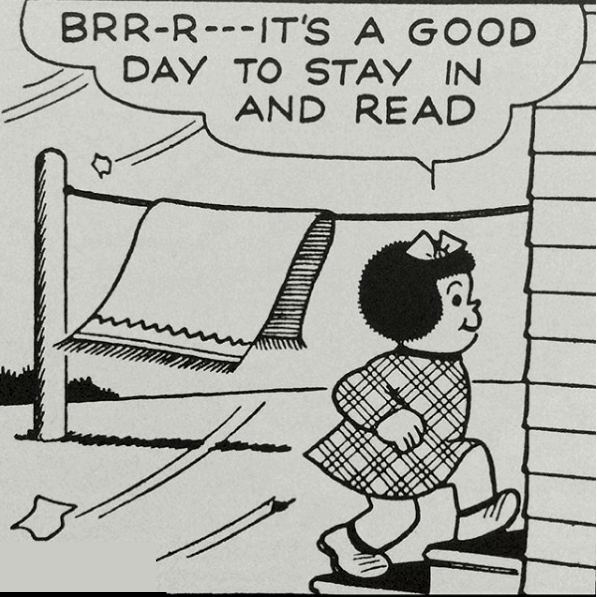Must Read Short Stories
I got to thinking about those short stories I regard as the best ever written and quickly came to realize it’s a futile exercise.
The “best ever” part, that is.
For one thing, I haven’t read even a tiny fraction of 1% of all the short stories ever written.
For another, how to define “best”?
I’ve read beautifully crafted stories that didn’t connect, rousing adventures that for all their fun were routine by-the-numbers exercises.
And how does one compare apples and oranges, or apples and artichokes, or apples and anvils?
So I recalibrated my aim and came up with a list I heartily recommend everyone read since to me these are examples of the short story form at its finest.
But again, caveats:
The astute reader will notice this skews heavily towards genre fiction written by white guys. I will freely confess my reading list isn’t as wide or as deep as it should be, and that in my younger days I sought out genre fiction to the exclusion of mainstream writing.
That being said, here are seven I can confidently recommend to everyone as master examples of the form.
Aspiring writers would do well to read them and see how seamlessly their authors worked in observations on the human condition while simultaneously telling an entertaining story.
“Haircut” by Ring Lardner is probably my single favorite short story, as perfect an example of the unreliable narrator as one could hope to find.
“The Ones Who Walk Away From Omelas” by Ursula K. LeGuin is more of a speculative essay / travelogue than a conventional short story, but it’s provocative in ways more sensational stories can never hope to emulate.
“Repent, Harlequin!’ Said The Ticktock Man” by Harlan Ellison demonstrates how skillful use of the writer’s voice -- and if you knew Harlan, it’s impossible not to hear him reading this in your head -- can add an unexpected level of subtlety to a tale (yeah, I used “Harlan Ellison” and “subtlety” in the same sentence about one of the most raucous stories ever written to boot, so sue me).
“The Open Window” by Saki uses misdirection to set us up for one thing then yank the rug out at the end, adding a sweet little backflip flourish as a capper.
“The Cop And The Anthem” by O. Henry isn’t as well known as “The Gift Of The Magi” or “The Ransom Of Red Chief” but I think it’s superior to both of them. Again, it leads us in one direction only to finish with a patented “O. Henry Twist™” at the end that is hilarious / poignant / ironic all at the same time.
“The Red-Headed League” by Sir Arthur Conan-Doyle almost didn’t make the cut, but of all the Holmes stories, this one distills the classic mystery formula down to its quintessential basics to deliver a wry observation on humanity while at the same time serving up a puzzling mystery -- and a funny one, at that!
“The Parable Of The Prodigal Son” by Jesus of Nazareth. Let’s bypass the spiritual and theological aspects of this story and focus on the humanity instead. In a few scant words, Jesus paints as vivid and as despairing a portrait of a dysfunctional relationship as imaginable; he also shows a way out of the despair but unlike modern retellings of the story, he doesn’t leave it with a pat “happily ever after” ending but carries on to show how there is no easy answer to spiritual and emotional wounding.
© Buzz Dixon



![the engines have stopped turning [POEM]](https://images.squarespace-cdn.com/content/v1/590697e7d1758ec4d7669624/1575523228115-NKT76QM1NQP9Y06GYAQP/abandoned+ship+bw+SQR.jpg)